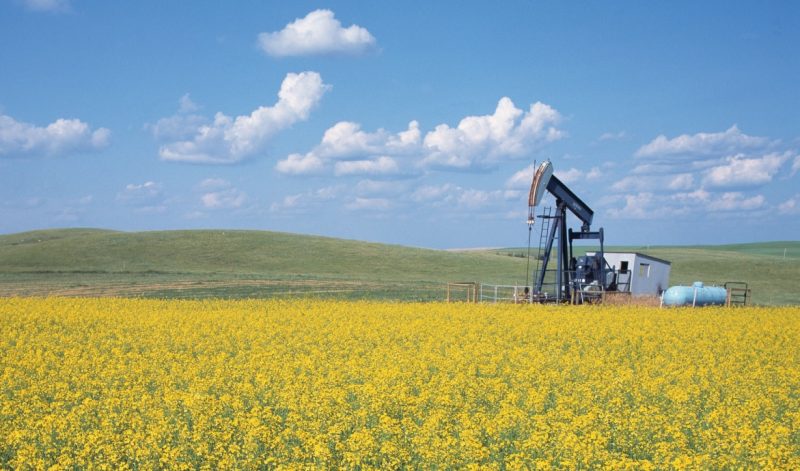 Canada’s government is in discussions with energy companies and Alberta about eliminating a federal cap on emissions from the country’s oil and gas sector if the industry and province reduce their carbon footprint in other ways, three sources with knowledge of the talks said. The sources, who were not authorized to speak publicly about the discussions, said Prime Minister Mark Carney’s government has discussed removing the cap with oil companies and Canada’s top oil-producing province if they make other environmental concessions. Canada’s emissions cap has not yet been implemented through legislation. But the prospect of it has been broadly condemned by Canadian oil and gas companies who have said it will force them to cut production. Carney, who won an election in April promising to protect Canada’s economy from U.S. tariffs, has faced some criticism for stepping away from his Liberal party’s previous emphasis on the environment.
Canada’s government is in discussions with energy companies and Alberta about eliminating a federal cap on emissions from the country’s oil and gas sector if the industry and province reduce their carbon footprint in other ways, three sources with knowledge of the talks said. The sources, who were not authorized to speak publicly about the discussions, said Prime Minister Mark Carney’s government has discussed removing the cap with oil companies and Canada’s top oil-producing province if they make other environmental concessions. Canada’s emissions cap has not yet been implemented through legislation. But the prospect of it has been broadly condemned by Canadian oil and gas companies who have said it will force them to cut production. Carney, who won an election in April promising to protect Canada’s economy from U.S. tariffs, has faced some criticism for stepping away from his Liberal party’s previous emphasis on the environment.
His government’s tone has changed significantly from a few weeks ago, sources said, adding officials had until recently suggested the emissions cap would stay in place. Carney said during an election campaign he would keep the emissions cap, which is not scheduled to take effect until 2030. His predecessor Justin Trudeau published draft regulations for the cap last November. The sources said the current talks could lead to the emissions cap being scrapped as part of a broader new “climate competitiveness strategy,” which the federal government aims to unveil later this autumn.
Carney’s office referred a Reuters request for comment to the federal environment department, which did not immediately respond.
Canada’s Natural Resources Minister Tim Hodgson declined to discuss details of the negotiations, but said in an interview on Thursday the federal government is committed to delivering clean and conventional energy in an environmentally responsible way.
“What I can tell you is that our government is focused on results, not how we get there,” Hodgson said.
Any move to eliminate the cap would be contingent on Alberta and the oil sector making renewed, serious commitments to emissions reduction including, but not limited to moving ahead with the Pathways carbon capture and storage project, two of the sources said.
Canada’s new climate competitiveness strategy will focus on “results over objectives and investments over prohibition,” Carney said this week at a meeting of the ruling Liberal party in Edmonton.
Oil and gas is Canada’s highest-polluting industry and its emissions continue to rise due to rising production in the country’s oil sands region.
Ottawa will likely fall short of its international climate commitment to reduce greenhouse emissions by 40-45% from 2005 levels by 2030 unless the oil and gas sector intensifies efforts to decarbonize.
Under the terms of the cap, the federal government would require its oil and gas sector to cut emissions to 137 million metric tons, 37% below 2022 levels, by 2030. Carney promised to make Canada the “world’s leading energy superpower,” forging ahead with clean energy development while making the conventional oil and gas sector more competitive.
He has also sought to mend federal relations with Alberta, which under Trudeau had become increasingly rocky due to that government’s heavy focus on environmental issues.
(Reporting by Amanda Stephenson in Calgary; additional reporting by David Ljunggren in Ottawa; Editing by Caroline Stauffer, Marguerita Choy and Richard Chang)